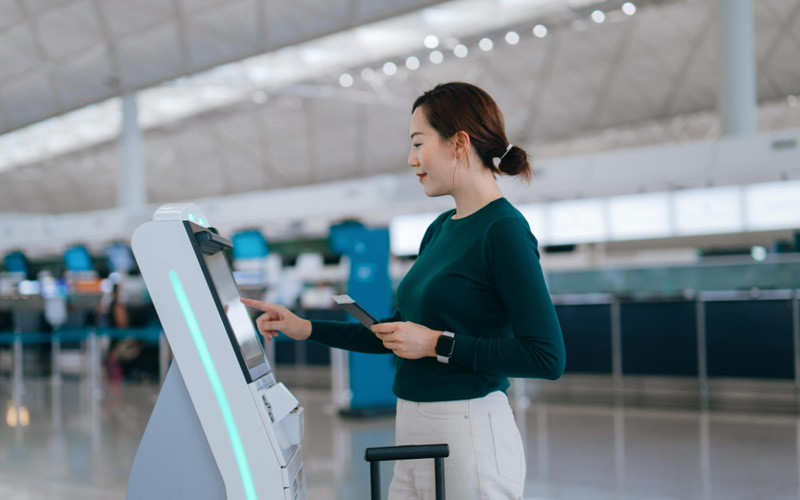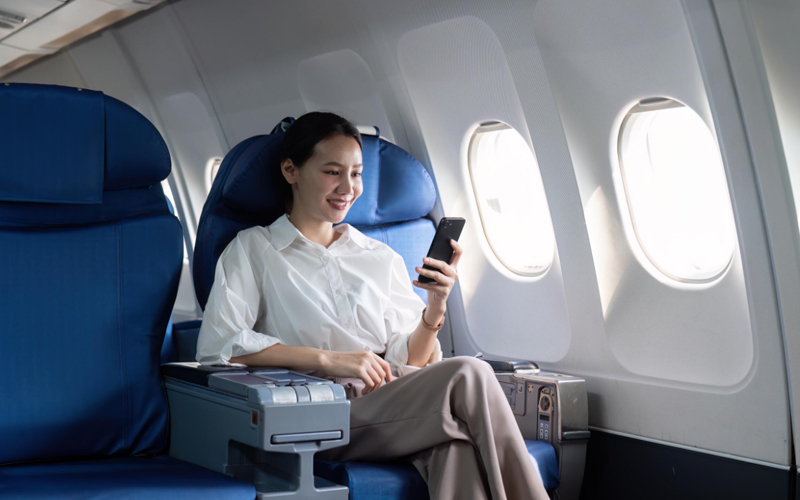The hotel sector has become fiercely competitive. New brands appear, while well-known chains are finding it harder to stand out. The good news is that technology has evolved to help businesses stay in the game. One such solution is predictive analytics. The use of predictive analytics in hospitality industry is helping them keep up with shifting customer demands and broader market changes.
Understanding predictive analytics
Predictive analytics applies statistical methods to older data to guess likely future outcomes. Analysts look for patterns in large amounts of information and then apply these patterns to real-life situations.
In the context of hotel data analytics, the focus is on studying guest preferences, seasonal trends, and pricing shifts. When managed properly, predictive analytics can offer a clear view of future opportunities and risks, helping hotel leaders act before problems arise.
Over time, a model will learn from fresh information, ensuring it can adapt to new changes in the market or guest behaviour.
How predictive analytics works
- Data collection: Firstly, internal data such as booking records, customer feedback, point-of-sale systems, and external data like competitors’ pricing and travel trends are collected.
- Data preparation: Collected data is organised and cleaned. Analysts remove duplicates or irrelevant details to avoid false results.
- Model building: Statistical or machine learning models are developed to sort and interpret the data. The choice of model can depend on the goal.
- Model validation and deployment: If the model performs well, it is put into practice, often through software or cloud platforms.
Hotel data analytics in action
Predictive analytics in hospitality industry has the potential to transform hotel brands and customer loyalty. This happens through:
Optimising pricing strategies
Predictive analytics helps hotels adjust rates based on demand, events, and seasonal shifts. This is called dynamic pricing. It helps keep rooms filled during slow periods and maximises revenue during busy times, benefiting both the business and cost-minded guests.
Better marketing Campaigns
Predictive analytics helps hotels find out which advertising channels, messages, or promotions work best for different groups of customers. By looking at online behaviour like click-through rates and social media engagement, hotels can use their marketing budgets more wisely and create more personalised messages.
Guest personalisation
Using data on past stays and online habits, hotels can predict what amenities or services guests might enjoy. By tailoring offers to different guest groups, hotels build loyalty and encourage positive reviews.
Anticipating and managing operational demands
Predictive analytics in hospitality industry is also very useful for forecasting staffing needs. With better predictions of guest numbers, hotels can schedule the right number of staff at the right times. Similarly, buying departments can better match supply with actual demand for items like linens, toiletries, and food supplies, reducing both shortages and surpluses.
Identifying fraud and potential risks
By examining booking and transaction data, hotel data analytics can detect unusual patterns that might indicate fraud. For hotels with many branches, these insights help protect earnings and ensure the safety of both guests and staff.
Real-time competitor analysis
Hotels can keep an eye on their competitors by monitoring room rates, special offers, and promotions in real time. This ongoing analysis allows hotels to adjust their own strategies quickly, making sure they remain competitive.
Strengthening loyalty programs
Hotel data analytics can show which benefits will most likely encourage guests to return. With these insights, hotels can tailor their loyalty programs to give rewards that really matter, which helps keep marketing costs low and builds long-term relationships.
Managing supply chain and inventory
Predictive models help estimate the demand for items needed for daily operations, such as housekeeping supplies and food. By aligning inventory levels with these forecasts, hotels can avoid both shortages and waste, ensuring a smooth guest experience.
Targeting anti-money laundering (AML) compliance
Finally, predictive analytics can spot unusual patterns in payment data, which helps hotels detect and prevent financial fraud. By adding machine learning to their payment systems, hotels can quickly flag suspicious transactions for further review, protecting both their finances and their reputation.
How can Infosys BPM help?
Infosys BPM improves hotel operations with real-time data, machine learning, and process automation. Our hotel data analytics optimise pricing and enhance guest personalisation. These solutions forecast demand and detect fraud using simple dashboards. We offer risk management tools to support clear decision-making for resource allocation. Hotel brands gain competitive growth and customer satisfaction in a dynamic market. Our solutions integrate easily with existing hotel systems and help hoteliers focus on improving guest experiences.








